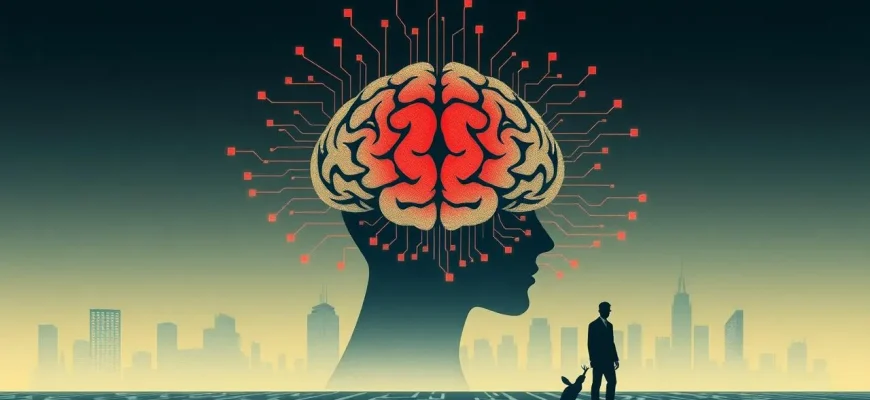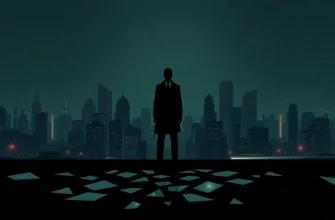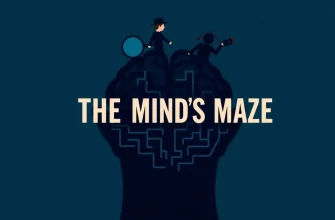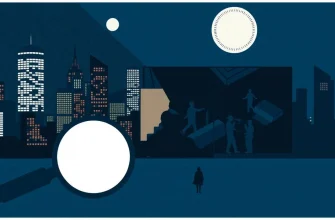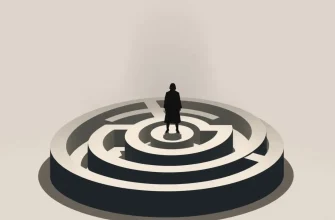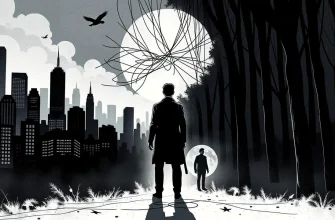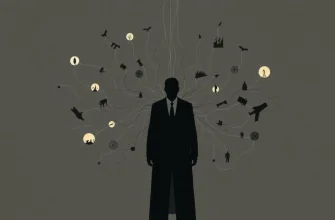Are you ready to dive into the murky waters of crime and deception where the mind is the ultimate battleground? This collection of films isn't just about guns and heists; it's about the mental games, the psychological traps, and the mind-bending plots that keep you guessing until the very end. From the cerebral to the outright cunning, these movies will take you on a thrilling ride through the labyrinth of human psyche, showcasing how the mind can be the most dangerous weapon in the criminal world. Get ready to unravel the mysteries, outsmart the masterminds, and enjoy the suspense that only these crime films with mental traps can deliver.

The Silence of the Lambs (1991)
Description: This film is a psychological chess game between a young FBI agent and a brilliant cannibal psychiatrist. The mental traps here are about understanding and outwitting the criminal mind.
Fact: Jodie Foster won an Academy Award for Best Actress, and Anthony Hopkins won for Best Actor, making it one of only three films to win all five major Academy Awards.
 Watch Now
Watch Now 
The Usual Suspects (1995)
Description: This film is a masterclass in misdirection, where the line between truth and deception blurs, making you question everything you've seen. It's the perfect example of a mental trap where the audience is led down a path of false leads and surprising revelations.
Fact: Kevin Spacey won an Academy Award for Best Supporting Actor for his role as Verbal Kint. The film's ending has become one of the most discussed and iconic twists in cinema history.
 Watch Now
Watch Now 
The Sixth Sense (1999)
Description: M. Night Shyamalan's film is famous for its twist ending, which serves as a mental trap for the audience, redefining everything they've seen. It's a psychological thriller where the mind plays tricks on both the characters and the viewers.
Fact: The film was nominated for six Academy Awards, including Best Picture. The twist ending was so well-kept that even the actors didn't know the full story until the film was released.
 Watch Now
Watch Now 
Memento (2000)
Description: Christopher Nolan's "Memento" plays with the structure of storytelling, trapping the audience in the same mental maze as its protagonist, who suffers from short-term memory loss. It's a film where the mental trap is not just a plot device but the entire narrative structure.
Fact: The film was shot in reverse order, with the black-and-white scenes filmed first, followed by the color scenes in reverse chronological order. Guy Pearce had to learn his lines in reverse to maintain the film's unique narrative flow.
 Watch Now
Watch Now 
Zodiac (2007)
Description: David Fincher's film about the Zodiac Killer is a slow-burning psychological thriller where the mental traps are the obsession with solving an unsolvable mystery. It's a film that traps the audience in the same investigative spiral as its characters.
Fact: The film was based on real events, and the script was meticulously researched. Robert Graysmith, the cartoonist who became obsessed with the Zodiac case, served as a consultant for the film.
 Watch Now
Watch Now 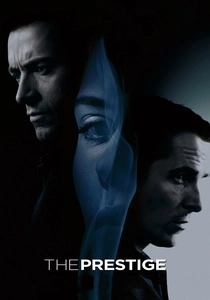
The Prestige (2006)
Description: Another Christopher Nolan masterpiece, "The Prestige" explores the art of deception, where the mental trap is the magician's ultimate trick. The film's narrative structure and the characters' obsessions create a labyrinth of lies and illusions.
Fact: The film features real-life magician Ricky Jay, who also served as a consultant for the magic tricks. The title "The Prestige" refers to the third act of a magic trick, where the trick is revealed.
 Watch Now
Watch Now 
Shutter Island (2010)
Description: Martin Scorsese's film traps the audience in a psychological maze, questioning reality and sanity. The mental traps here are not just for the characters but also for the viewers, who are left to piece together the truth.
Fact: The film was based on the novel by Dennis Lehane. Leonardo DiCaprio's character, Teddy Daniels, was originally named Edward "Teddy" Daniels in the book, but the film changed it to Andrew Laeddis.
 Watch Now
Watch Now 
Prisoners (2013)
Description: Denis Villeneuve's "Prisoners" is a dark, intense thriller where the mental traps are not just about solving a crime but about the moral dilemmas and psychological torment of the characters involved.
Fact: The film was shot in chronological order to capture the raw emotions of the actors. Hugh Jackman and Jake Gyllenhaal both underwent intense physical and emotional preparation for their roles.
 Watch Now
Watch Now 
The Girl with the Dragon Tattoo (2011)
Description: David Fincher's adaptation of Stieg Larsson's novel is filled with psychological depth, where the mental traps are as much about the investigation as they are about the personal demons of the characters.
Fact: The film's opening credits sequence, featuring a cover of Led Zeppelin's "Immigrant Song," was created by the same team that did the title sequence for "Se7en." The film was shot in Sweden, where the story is set.
 Watch Now
Watch Now 
Gone Girl (2014)
Description: David Fincher's adaptation of Gillian Flynn's novel is a study in manipulation and the mental traps people set for each other. The film's narrative twists and turns, keeping the audience guessing about the true nature of the characters.
Fact: The film's ending was changed from the book to provide a more ambiguous conclusion. Rosamund Pike was nominated for an Academy Award for Best Actress for her role as Amy Dunne.
 Watch Now
Watch Now 
